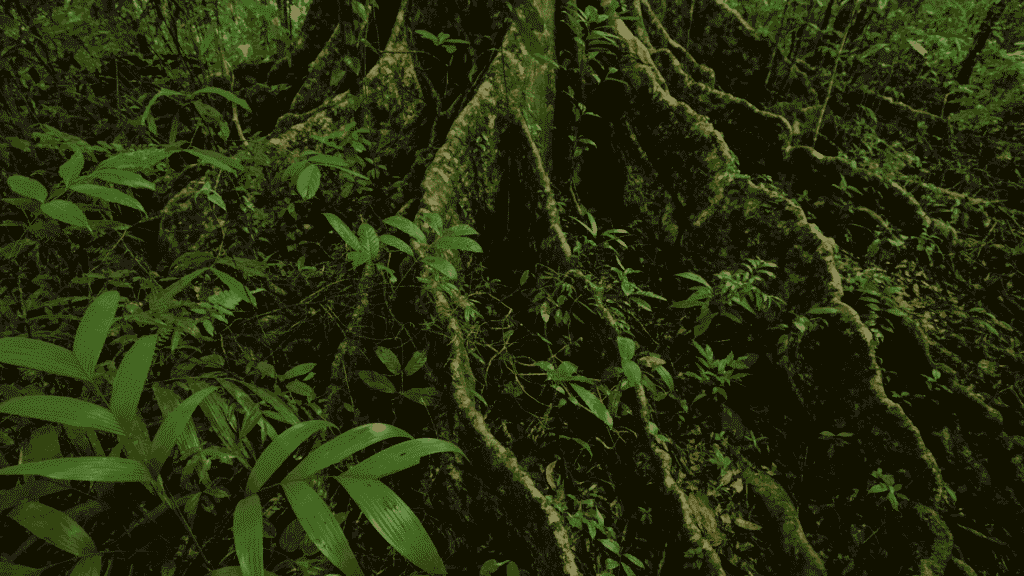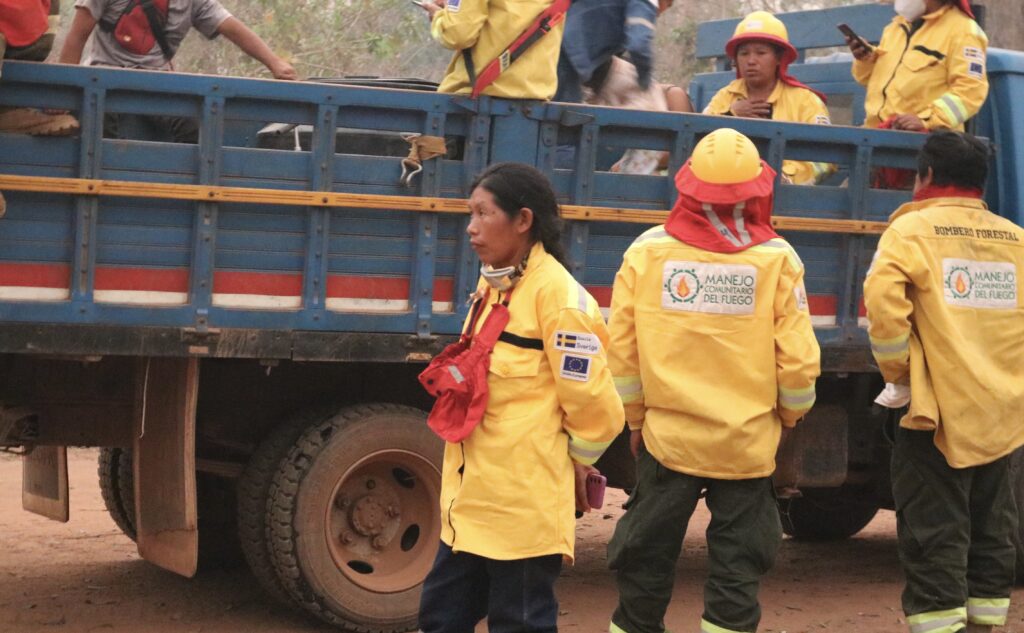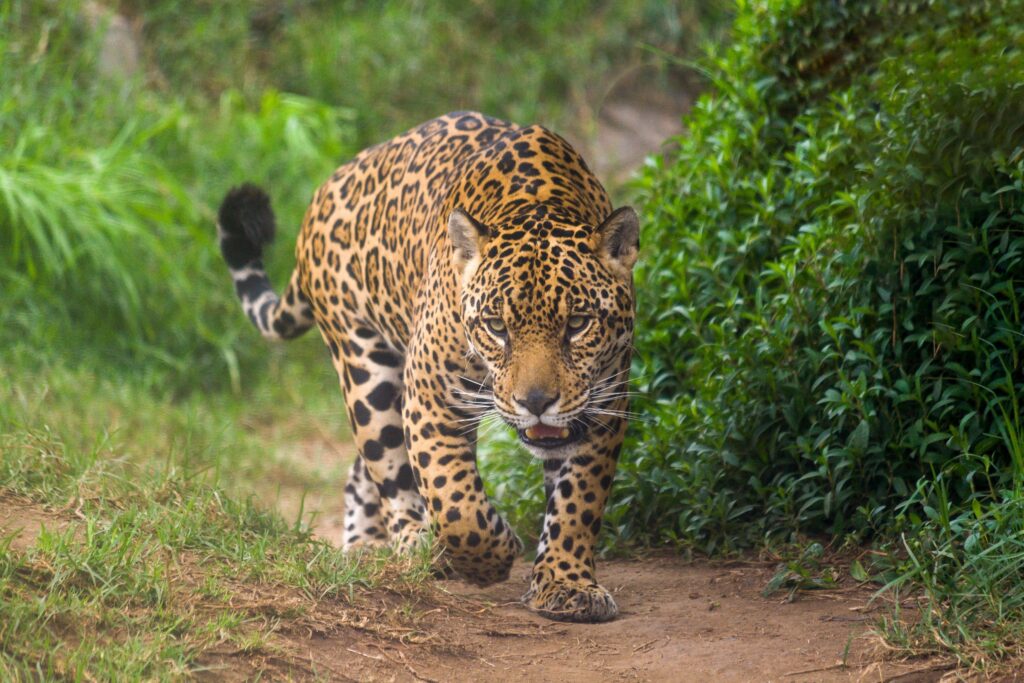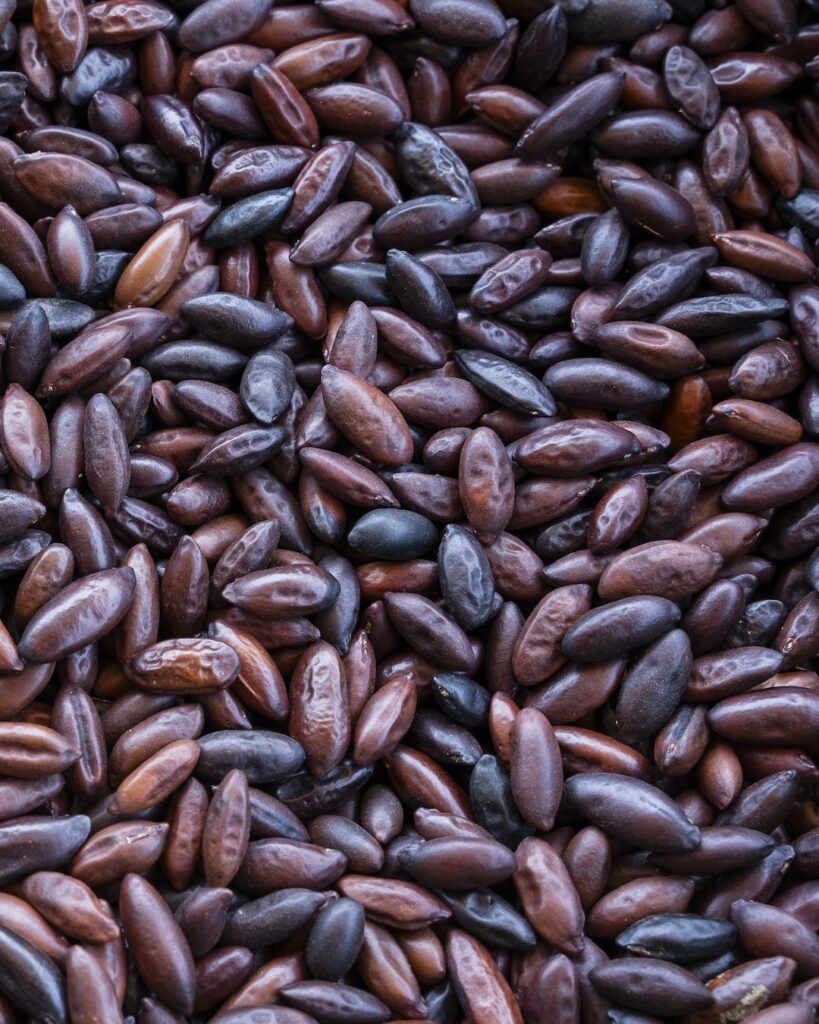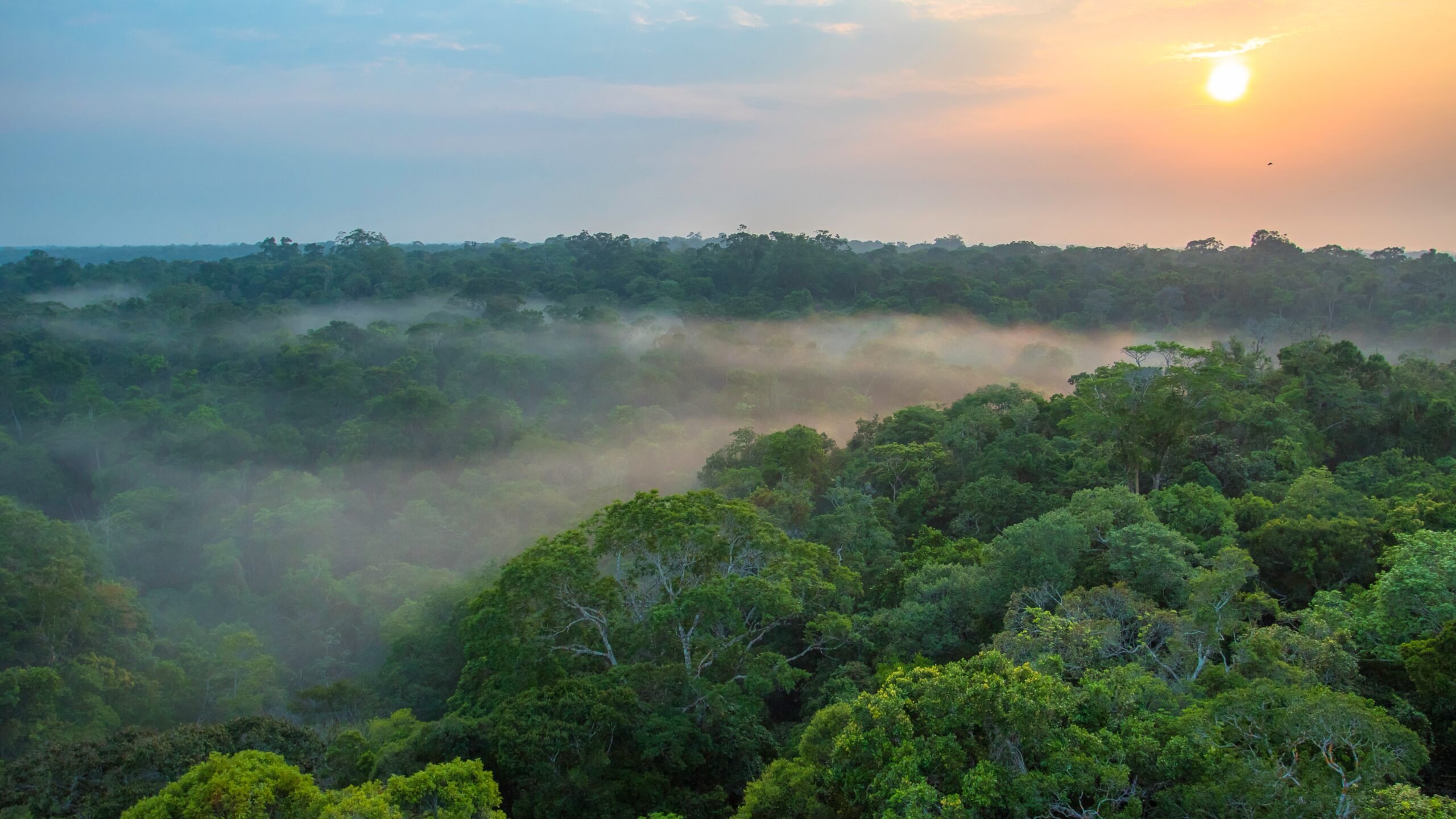
Commercial Partnerships at Forests of the World
To protect the world’s forests and create sustainable alternatives to deforestation, Forests of the World works closely with companies, research institutions, and foundations. These partnerships are built on shared values and a commitment to promoting a just and green transition, strengthening local communities, and delivering documented results for climate and biodiversity.
Why does Forests of the World collaborate with the private sector?
A green transition requires strong alliances. When civil society, businesses, and foundations work together, we can:
- Create jobs and income through sustainable value chains, where smallholder farmers and Indigenous peoples gain access to international markets
- Mobilise private funding so development aid can go further and local solutions can be scaled
- Ensure responsible trade with traceability and certification, so companies comply with the EU Deforestation Regulation (EUDR)
- Connect nature and growth through new solutions, where forest protection and economic development go hand in hand
Examples of commercial partnerships
In Ethiopia, Forests of the World has helped develop FSC standards and strengthen coffee cooperatives, while in Brazil we are working with a new value chain for baru nuts. The results are improved livelihoods, stronger forest protection, and documented value for both the climate and local communities.
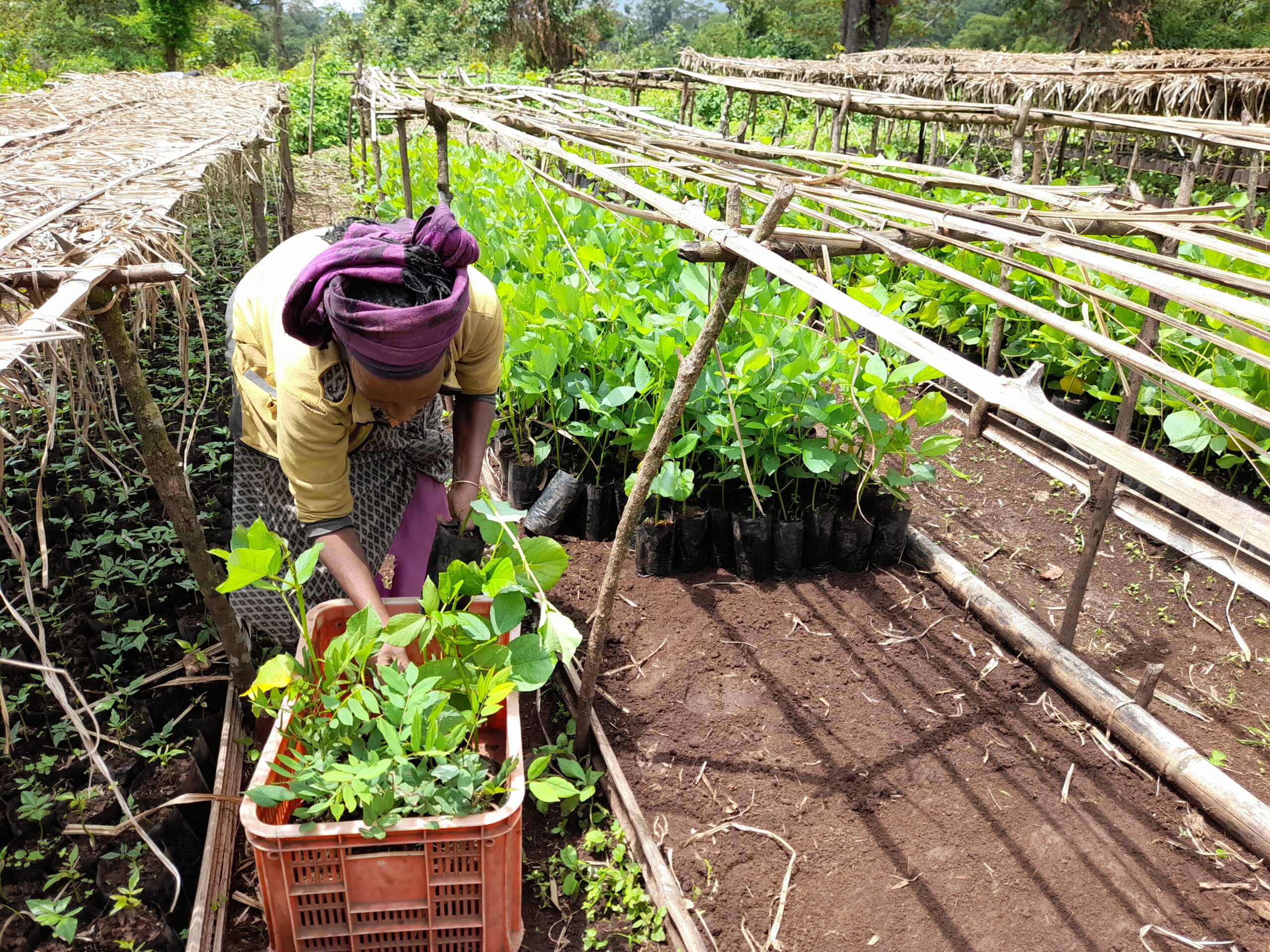
FSC standards strengthen sustainable forest management in Ethiopia
With the support of Forests of the World, Ethiopia has developed a new national FSC standard in close collaboration with local communities. The standard enables forest-dependent families to protect unique forests and strengthen their income from products such as coffee and honey.
Agroforestry and quality coffee give smallholder farmers access to the global market
With the support of Forests of the World and Farm Africa, three coffee cooperatives in Ethiopia’s Bale region have achieved success on the international market. Through sustainable agroforestry, a focus on quality, and local ownership, farmers have moved from insecure income to stable export — while forests and biodiversity are protected at the same time.
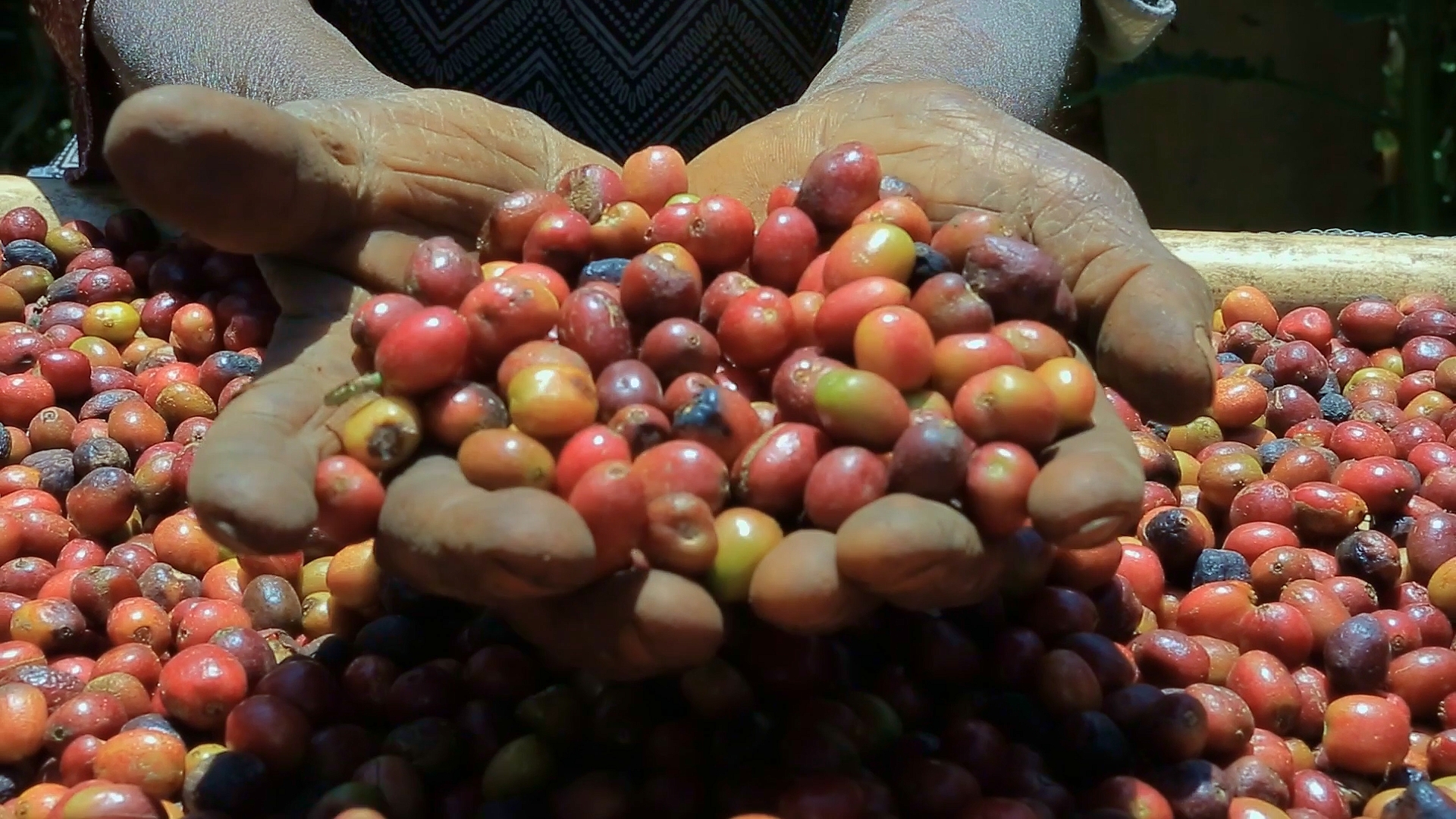
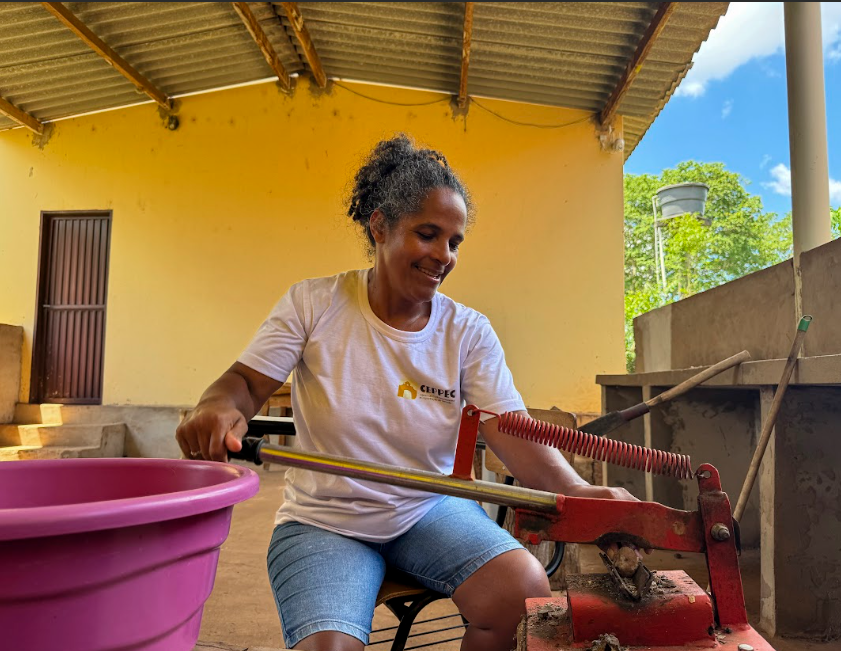
From Brazil to Europe: Sustainable nuts preserve nature and strengthen local communities
With support from the Danida Green Business Partnership, Forests of the World and the Brazilian partner ECOA are developing a value chain for baru nuts from Brazil’s Cerrado. The project strengthens local farmers’ incomes, preserves nature, and contributes to the green transition through sustainable cultivation methods.
Documentary, Part 1/3: An unknown nut in Europe
Sofie from Forests of the World and Mads from Nøddebazaren travel to Brazil to meet the local farmers who harvest the baru nut in the Cerrado.
There, they discover how this small nut can create income, protect biodiversity, and offer hope for a more sustainable future
The added value of partnerships for forests, climate, and people
The partnerships make it possible to:
- Scale local solutions developed by Indigenous peoples and local communities
- Secure more long-term funding for nature conservation
- Deliver concrete results for climate, biodiversity, and people — in line with Denmark’s development policy priorities
